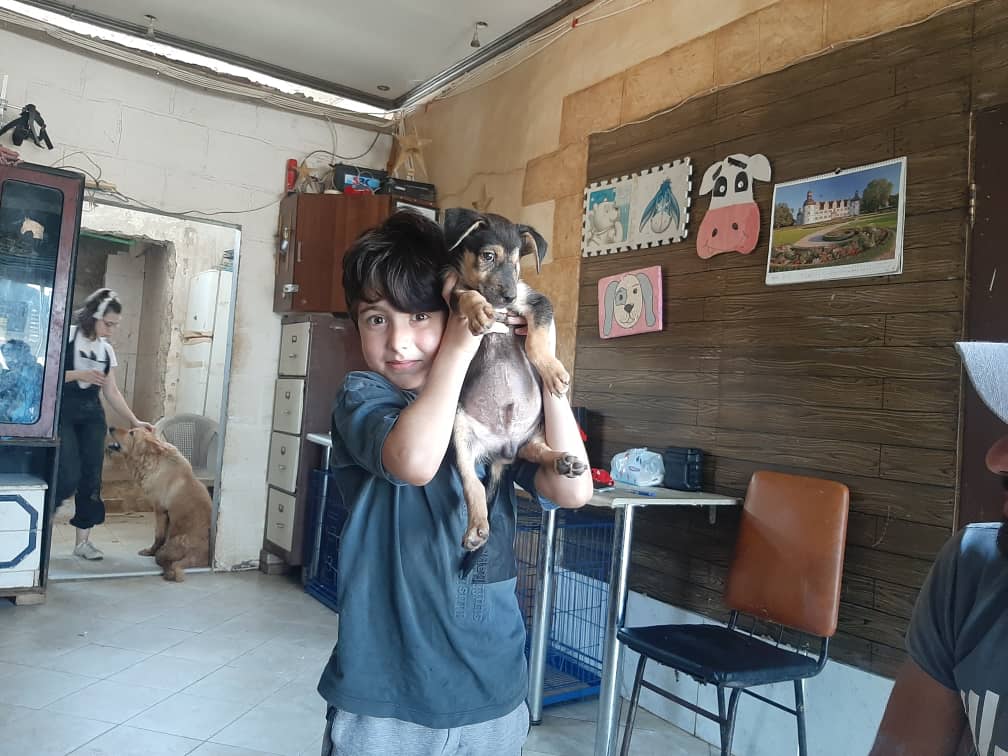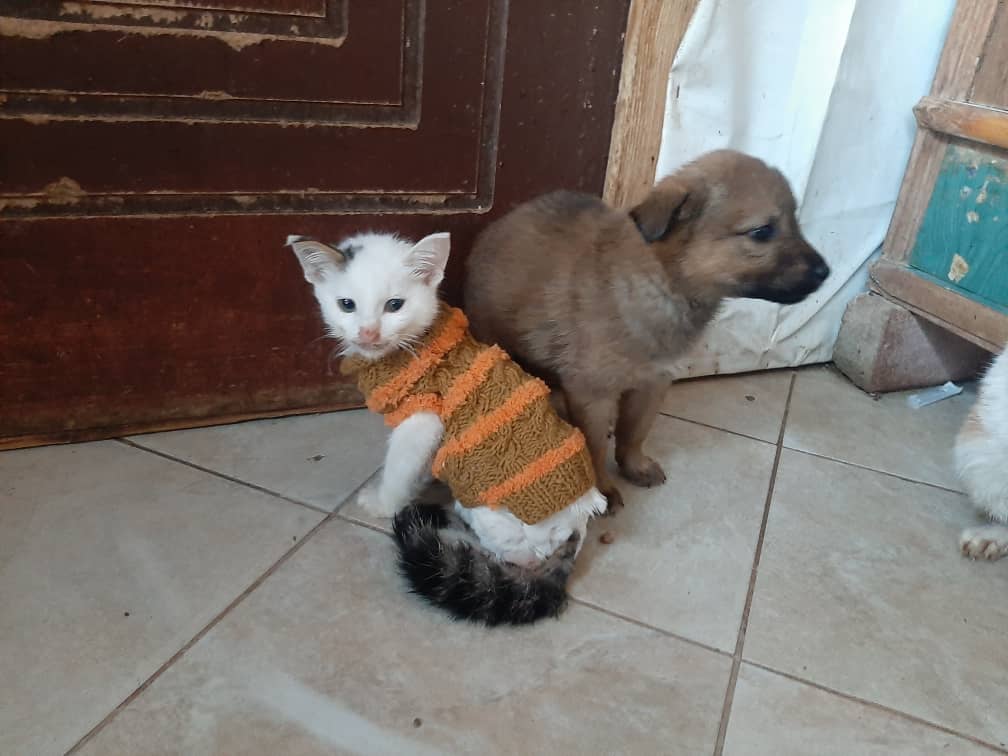Arab coalition launches strikes on military targets at Sanaa airport
RIYADH: The Arab coalition said it is launching “precise and limited” air strikes on legitimate military targets at Sanaa airport on Monday.
The strikes are a response to Houthi threats and the militia’s use of airport facilities to launch cross-border attacks, the coalition said.
The military targets at Sanaa airport included six sites that were being used to organize drone attacks.
The coalition added that it had lifted protection off specific sites at Sanaa airport in accordance with international humanitarian law.
Earlier, the coalition asked civilians to immediately evacuate the airport.
It called on the workers of international and humanitarian organisations in the airport to immediately evacuate as it has taken “legal measures to deal with the threat operationally.”
Spokesman Brig. Gen. Turki Al-Maliki told Al Arabiya TV that the coalition had informed the United Nations Office for the Coordination of Humanitarian Affairs of its intention to strike an hour before the airport was hit.
He added that the coalition makes sure that there is no collateral damage to civilians during strikes and that it has a consistent policy and defense strategy in Yemen.
The coalition will respond firmly to the militia’s futile targeting of civilian objects, Al-Maliki said.

Yemen: 100 Houthis killed, vehicles destroyed in coalition air raids in MaribIran must end its ‘lethal’ support to Houthis, US envoy tells UN












